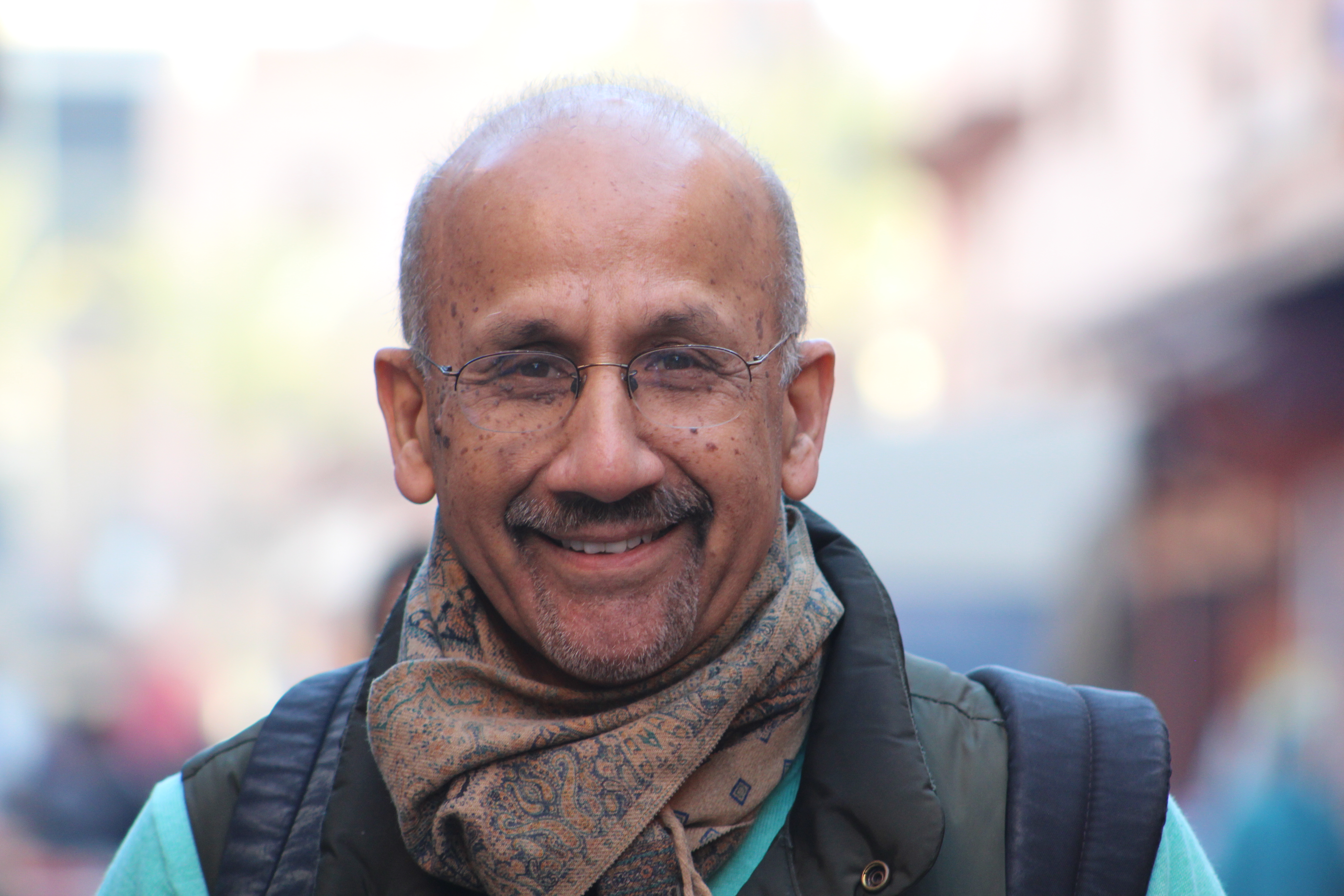India’s Electoral Surprise
This past year was the election year. Globally, 64 countries and the European Union — representing a combined population of about 49% of the people in the world — held national elections in 2024.
In India, nearly 650 million citizens went to the polls. As was widely expected, Prime Minister Narendra Modi won a record third successive term; however, his Hindu nationalist Bharatiya Janata Party (BJP) lost its outright majority in Parliament. An opposition bloc of 20 regional parties, spearheaded by the Indian National Congress party, performed far better than predicted by focusing on issues like unemployment and the high cost of living.
Princeton scholars spoke to the moment. Several faculty members and alumni provided commentary on democracy, identity politics, and unequal economic growth, drawing on their research as well as their own personal experiences:
"[This] election was not an ordinary election. At stake was the continuing possibility of politics itself. At the very least, the result pricks the bubble of Prime Minister Narendra Modi’s authority. He made this election about himself: His performance, his omnipotence and omniscience, and his ideological obsessions. Modi is, for the moment, not the indomitable vehicle for history or the deified personification of the people. Today, he is just another politician, cut to size by the people." – Pratap Bhanu Mehta *90, Laurence S. Rockefeller Visiting Professor for Distinguished Teaching, University Center for Human Values, in The Indian Express
PHOTO: Sameer Khan/Fotobuddy
"Unlike most election observers and political scientists, who mostly talk to men, I have spoken with both men and women party workers. Each election cycle has revealed an impressive pattern: Women party workers are building stronger, more granularly developed party organizations that often extend from the district level down to the level of the booth. This trend is evident not just in the BJP, but across various parties, especially those successful in winning panchayat and municipal elections. What has captured my imagination is not merely the increasing turnout of women voters or the proliferation of pro-women welfare schemes. It is the rise of ordinary party women, the unsung backstage actors, who play a crucial role in shaping the political landscape. Their contributions, often overlooked, are integral to the success and dynamism of India’s participatory democracy." – Tanushree Goyal, assistant professor of politics and international affairs, in The Indian Express

"What lies ahead? Modi is likely to have many a sleepless night. He also does not have the personality of a consensus builder. Whether the circumstances make a statesman out of him remains to be seen. What is clearer is that the pressures of a coalition government will temper Modi’s authoritarian instincts. And that is good news for India." – Atul Kohli, David K.E. Bruce Professor of International Affairs, in The Indian Express

